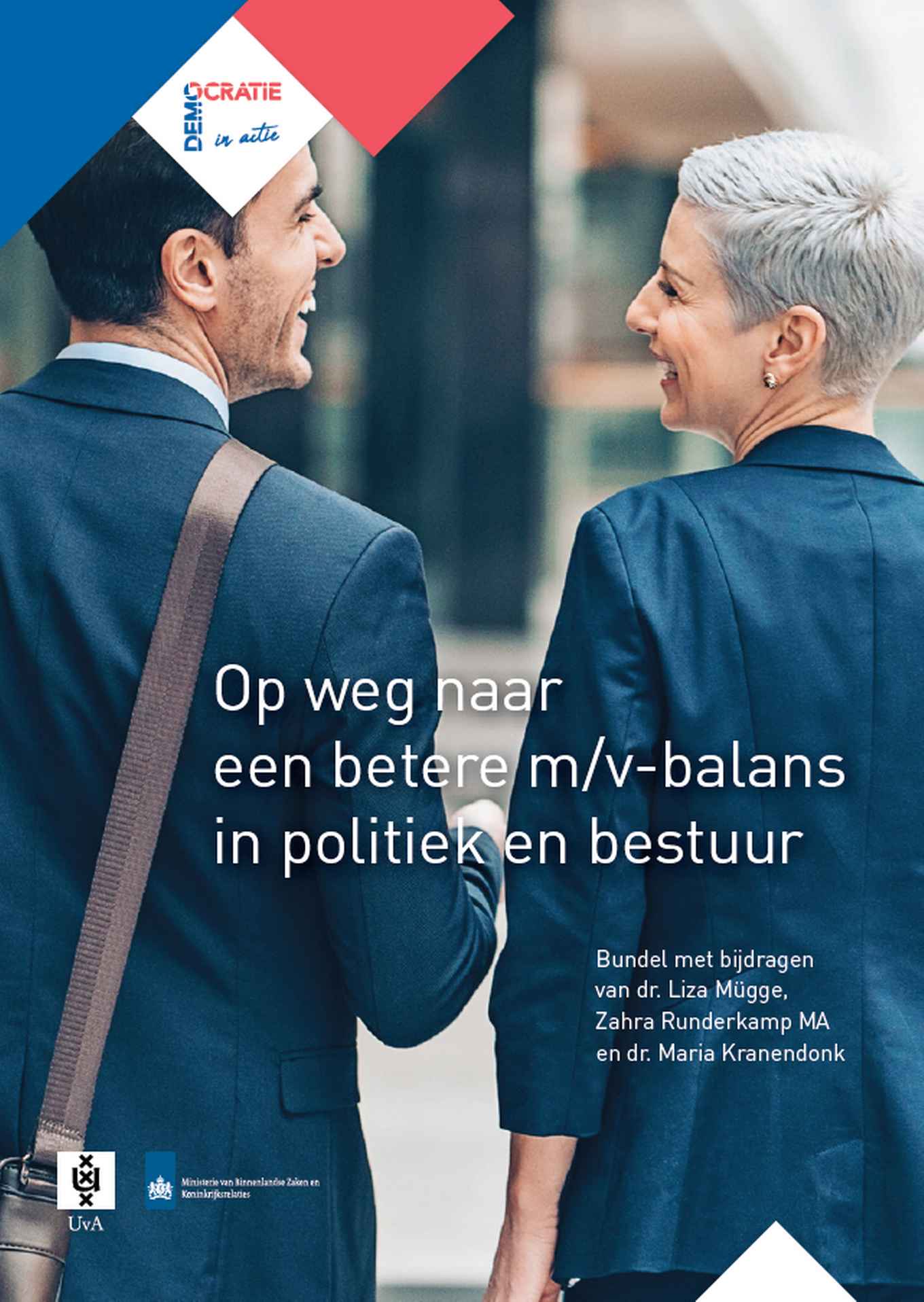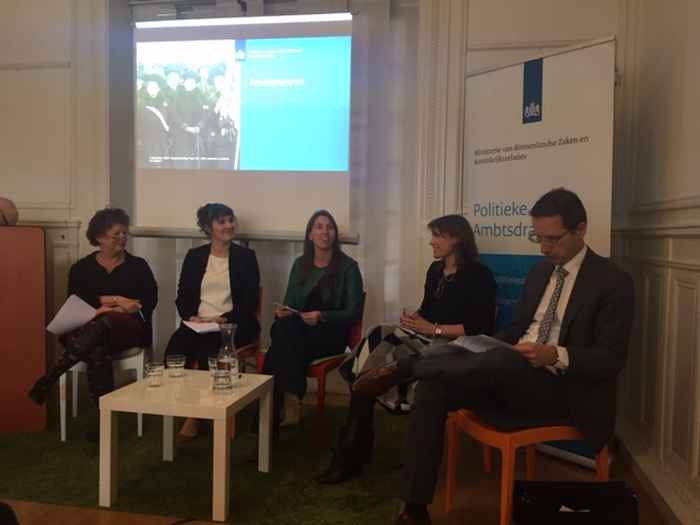How to improve the position of women in Dutch politics
11 December 2019

Did you know that of the 28 parties that participated in the last Dutch parliamentary elections, 25 were led by a man? And that the Netherlands is currently ranked 42nd with regard to the percentage of women in national parliaments, below Guyana and Zimbabwe (positions 40 and 41) and above Cameroon (position 43)? At the local level, only one-third of the city councilors and aldermen is female.
Even though the Netherlands celebrates 100 years of women’s suffrage in 2019, much still remains to be done to improve the position of women in Dutch politics. The collection of essays sheds light on this question. The research was made possible by the Ministry of the Interior and Kingdom Relations.
Still the second sex?
This first essay of the book, written by dr. Liza Mügge (Associate Professor of Political Science) and Zahra Runderkamp (PhD student) aims to inform the current debate on the position of women in politics by discussing recent (inter)national academic research results. It discusses the importance of equal representation and highlights factors that stimulate the influx, election, and retention of women in politics. For these different phases, a combination of factors plays a role. The authors discuss, amongst others: role models, training, recruitment and selection, targets and quotas, and political culture.
The local level
The second and third essay of the book are written by dr. Maria Kranendonk (Postdoctoral Researcher at the UvA Political Science department). A quantitative study examines the differences between Dutch municipalities with regard to the representation of women. The second study is qualitative in nature and offers a glimpse into municipalities with a high share of women in local politics, as well as a study of municipalities where the representation is considerably lower.

Presentation
The book was officially presented during an expert meeting ‘Naar 40 – 60% vrouwen in politiek en bestuur’ organized by the Ministry of the Interior and Kingdom Relations on 9 December 2019.
Downloads
Please find both documents below (PDF):